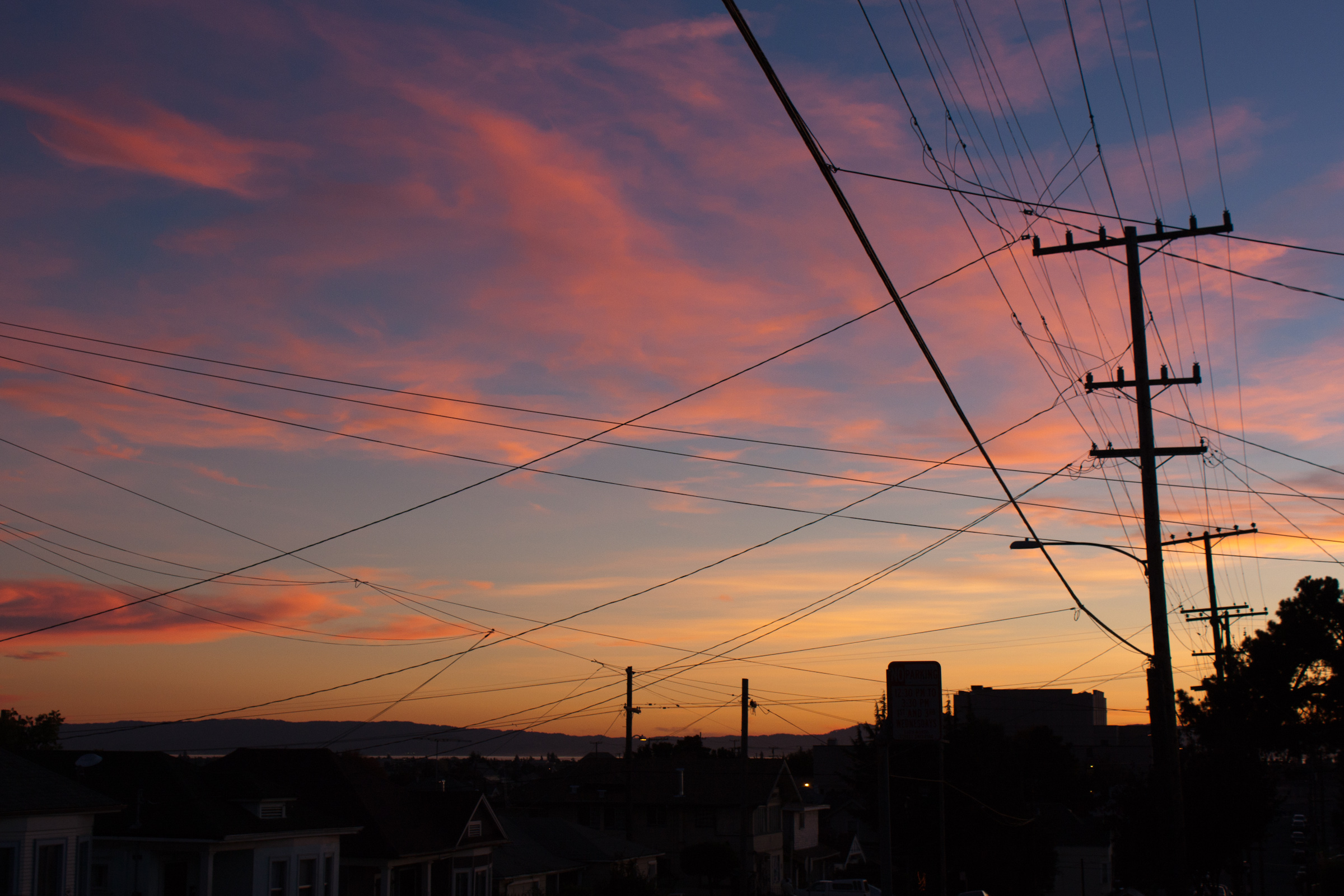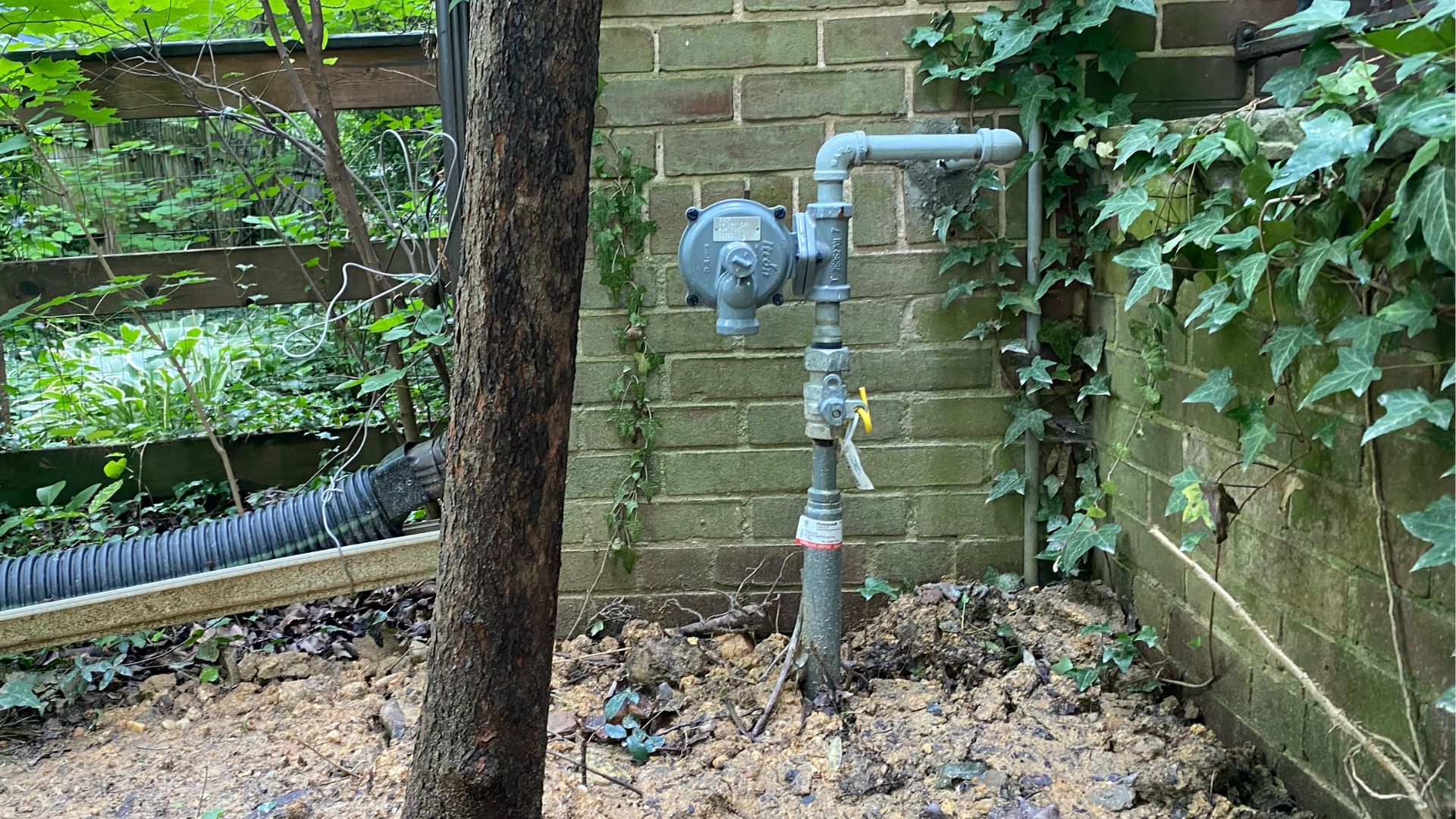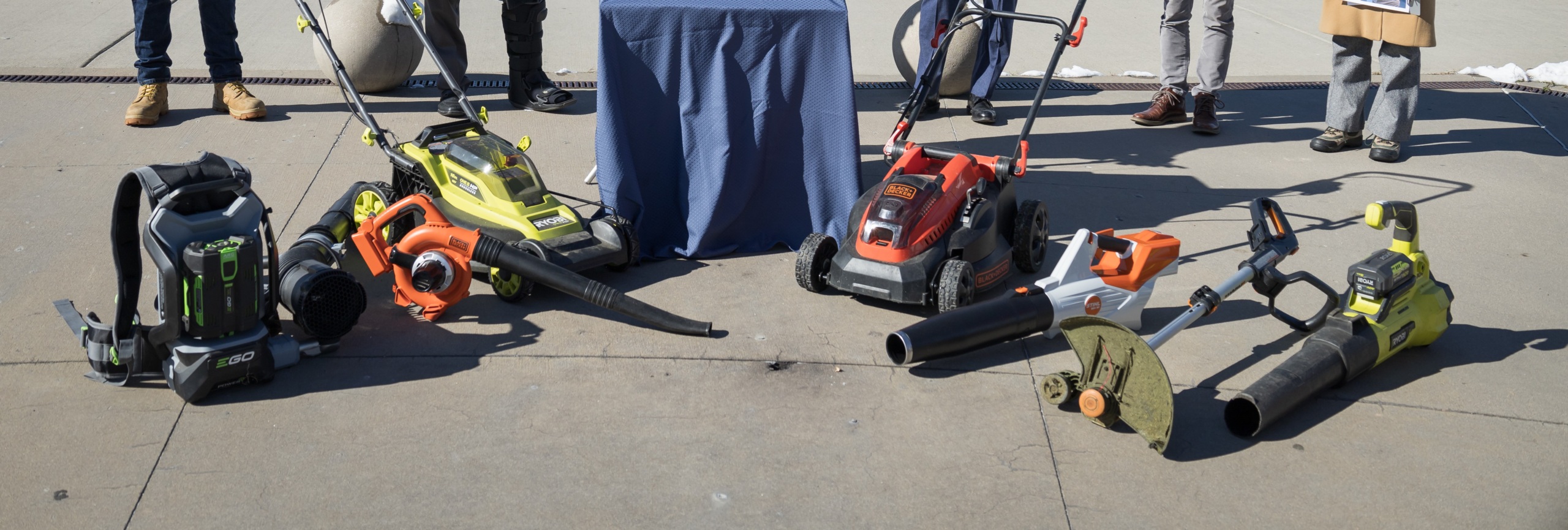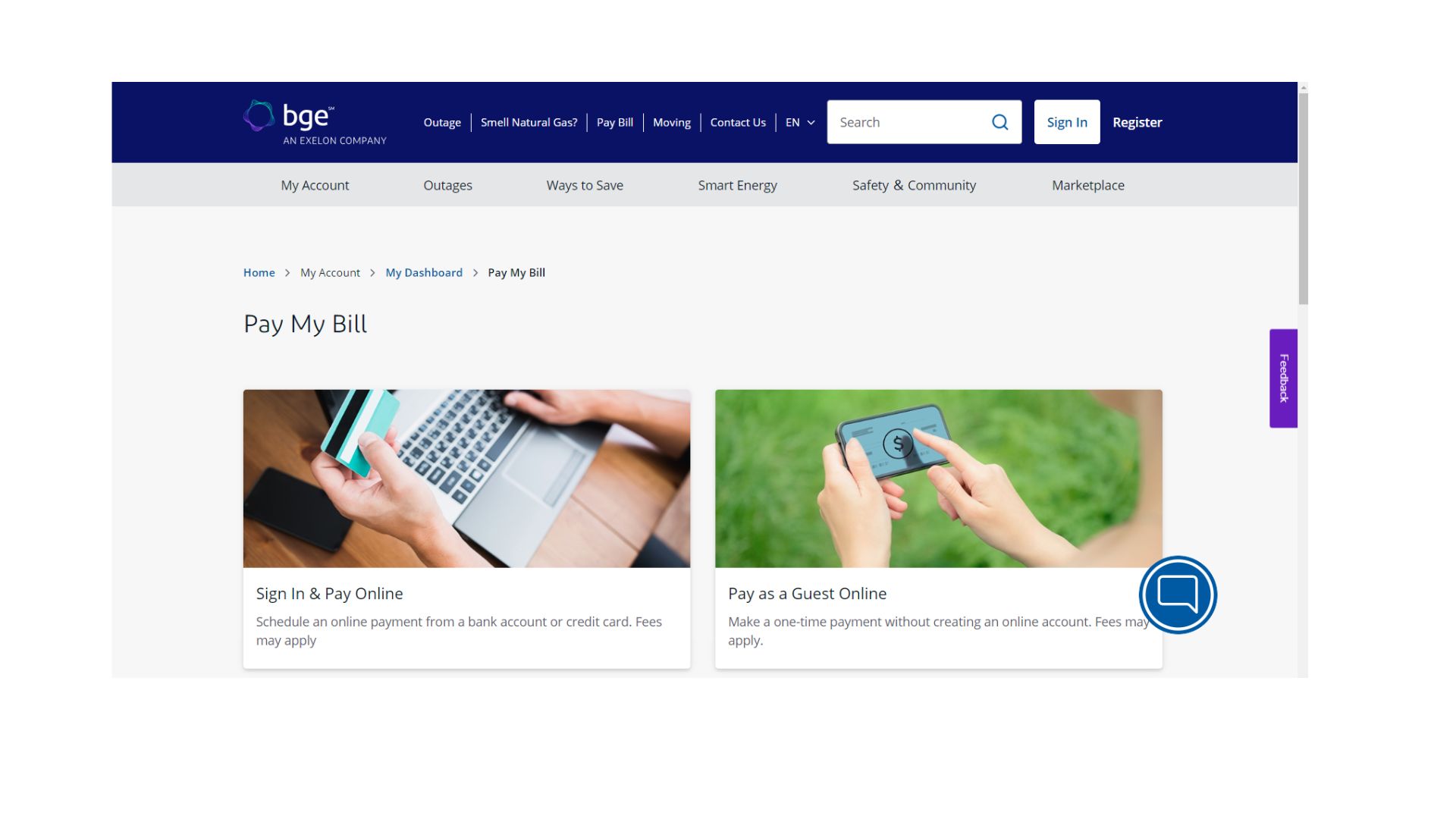
Our comments on the Maryland Volkswagen Draft Mitigation Plan
Earlier this month, the Hogan Administration released a draft plan to spend the $75 million Maryland is receiving as part of the Volkswagen emissions cheating settlement. We urge the Department to amend the plan to fully commit to electrification of our transportation system.
Earlier this month, the Hogan Administration released a draft plan to spend the $75 million Maryland is receiving as part of the Volkswagen emissions cheating settlement. We appreciate the hard work done by the Department of the Environment, the Energy Administration, and the Department of Transportation in developing the plan. This draft plan is a huge step in the right direction, and will help Maryland along the path towards a clean transportation future. However, we urge the Department to amend the plan to fully commit to electrification of our transportation system.
The settlement, and the creation of the Environmental Mitigation Trust, represents a historic opportunity to drastically reduce harmful pollution that makes us sick and destroys the planet, while also providing an essential down payment on the transition to a clean and modern 21st century transportation system.
Transportation related emissions, including NOx, lead to poor air quality, severe human health problems, including high asthma rates, respiratory, and heart diseases, and contribute significantly to climate change. In fact, transportation is the largest source of carbon pollution in Maryland, responsible for nearly half of statewide emissions. An approach the commits to transportation electrification will maximize the long-term benefits to the State’s air quality, lead us to a zero emissions future, and further tip the scale toward a cleaner, electrified transportation system.
Below are our full comments to the Hogan Administration and Maryland Department of Environment in response to the draft plan. For more information on our reccomended improvements, check out our report: From Deceit to Transformation: How Maryland Can Leverage VW Settlement Funds to Accelerate Progress to a Clean Transportation System.
You can submit your own comments to MDE through Friday, August 31 via email.
#####
Maryland Department of the Environment
1800 Washington Blvd. Ste. 705
Baltimore, MD 21230
Re: Maryland PIRG and U.S. PIRG Comments on the Maryland Volkswagen Draft Mitigation Plan
To Whom It May Concern:
Thank you for the opportunity to provide comments on the Maryland Volkswagen Draft Mitigation Plan. We appreciate the hard work done by the Department of the Environment, the Energy Administration, and the Department of Transportation in developing the plan. This draft plan is a huge step in the right direction, and will help Maryland along the path towards a clean transportation future. However, we urge the Department to amend the plan to fully commit to electrification of our transportation system.
Maryland PIRG is a consumer group that stands up to powerful interests whenever they threaten our health and safety, our financial security, or our right to fully participate in our democratic society. For decades, we’ve stood up for consumers, countering the influence of big banks, insurers, chemical manufacturers and other powerful special interests. U.S. PIRG is the federation of state PIRGs.
As a consumer advocacy group, we have followed the Volkswagen (VW) litigation closely. VW perpetrated a fraud on Americans, deceiving consumers into believing that they were getting the best possible combination of performance and sustainability. VW’s promises were nothing more than lies that significantly harmed our collective health and the health of our environment. The settlement, and the creation of the Environmental Mitigation Trust, however, now represents a historic opportunity to drastically reduce harmful pollution that makes us sick and destroys the planet, while also providing an essential down payment on the transition to a clean and modern 21st century transportation system.
Transportation related emissions, including NOx, lead to poor air quality, severe human health problems, including high asthma rates, respiratory, and heart diseases, and contribute significantly to climate change. In fact, transportation is the largest source of carbon pollution in Maryland, responsible for nearly half of statewide emissions. While the Volkswagen mitigation plan must be driven by NOx reductions, expanding clean transportation in the state will generate significant public health and climate co-benefits.
We fully support the decision to spend 15% of Maryland’s settlement funds on light duty electric vehicle infrastructure. The transition away from gas-powered and towards electric vehicles for personal use is essential to cleaning up our transportation system. One of the biggest challenges to electric vehicle adoption in the U.S. is the lack of charging infrastructure. We especially support the efforts to develop a statewide electric vehicle infrastructure plan, as well as to focus on workplace, multi-unit dwelling, and corridor charging.
As part of the California Cars Program, Maryland has a goal of having 60,000 zero emission vehicles (ZEVs) on the road by 2020 and 300,000 ZEVs on the road by 2025. In order to meet those goals, the state will need to significantly invest in charging infrastructure. The $11.2 million of the settlement funds will be a boon to this effort.
With the remaining 85% of the funds, the draft proposal to spend some of the money on fossil fuel-based technology, like diesel or compressed natural gas, represents a missed opportunity. No matter how you look at it, electric vehicles are cleaner and healthier than their diesel or natural gas counterparts. Unlike diesel and natural gas, electric vehicles also become cleaner as we expand our clean and renewable energy sources.
The Greenhouse Gas Emission Reduction Act of 2016 requires the State to reduce greenhouse gas emissions by 40 percent by 2030. There is no scenario where the State can meet this goal without a major overhaul of the transportation system. The State’s current plans do not put us on a trajectory to reduce emissions from the transportation sector consistent with these goals. In order to meet this goal and to protect the public health of Marylanders, the State should be striving to move away from fossil fuel use in our transportation system entirely. While the Volkswagen money won’t let us get all the way there, it is a once in a lifetime opportunity to put a down payment on that transition.
This draft plan recognizes the benefits of electric vehicle technology, setting aside significant money for new electric shuttle buses for BWI Airport. It also sets aside money for new transit and school buses, but allows that money to spent on electric, compressed natural gas (CNG), propane, or other fuel technologies. The plan should be amended to ensure that the money is used to purchase electric buses. While CNG, propane, and some other fuel technologies could also provide NOx reductions versus old diesel buses, none provide the level of reductions, or the extent of co-benefits (like carbon, particulate matter, and ground level ozone reductions), that electric buses provide.
Much of the remaining money is set aside for projects that will result in replacement of old diesel equipment with new diesel equipment. In fact, the plan allocates more money directly for diesel vehicles than it does for the replacement of dirty school buses. We urge the Department to reconsider and reallocate that money for electric-only replacement projects. Investing this money in electric vehicle technology will not only provide for the greatest emission reduction benefits, it will also drive the electric vehicle market, and incentivize advancements in electric vehicle technology, especially for heavy-duty trucks and buses.
An approach the commits to transportation electrification will maximize the long-term benefits to the State’s air quality, lead us to a zero emissions future, and further tip the scale toward a cleaner, electrified transportation system.
For more detailed explanations of our recommendations, please see our report: From Deceit to Transformation: How Maryland Can Leverage VW Settlement Funds to Accelerate Progress to a Clean Transportation System.
Thank you again for the opportunity to provide comments on the Maryland Volkswagen Draft Mitigation Plan. Please do not hesitate to reach out with any questions.
Sincerely,
Emily Scarr, Director
Maryland Public Interest Research Group
Matt Casale, Transportation Campaign Director
United States Public Interest Research Group
Topics
Authors
Emily Scarr
State Director, Maryland PIRG; Director, Stop Toxic PFAS Campaign, PIRG
Emily directs strategy, organizational development, research, communications and legislative advocacy for Maryland PIRG. Emily has helped win small donor public financing in Baltimore City, Baltimore County, Howard County, Montgomery County, and Prince George's County. She has played a key role in establishing new state laws to to protect public health by restricting the use of antibiotics on Maryland farms, require testing for lead in school drinking water and restrict the use of toxic flame retardant and PFAS chemicals. Emily also serves on the Executive Committees of the Maryland Fair Elections Coalition and the Maryland Campaign to Keep Antibiotics Working. Emily lives in Baltimore City with her husband, kids, and dog.
Find Out More

Electric and gas utilities spend millions on political influence in Maryland

End the Gas Utility Blank Check

Lawn care goes electric

